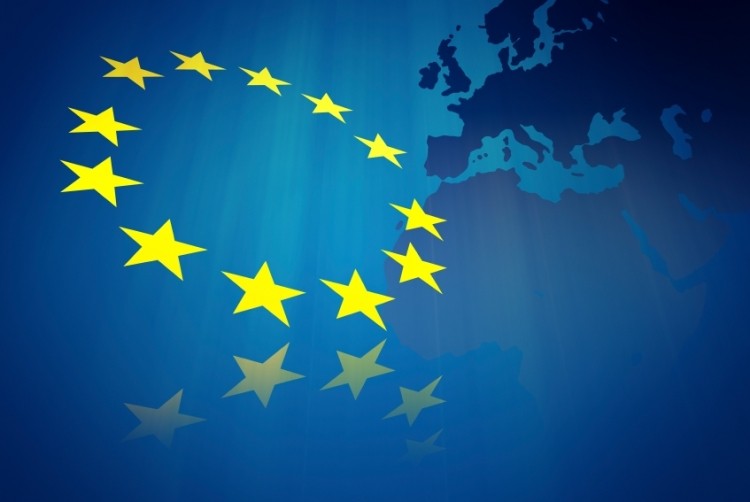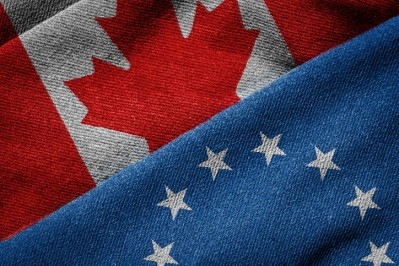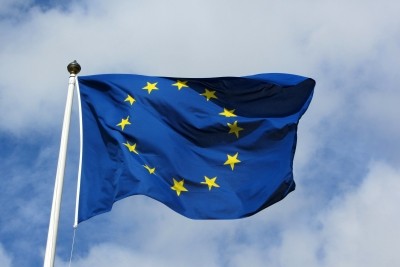TTIP will not impact GM labelling in Europe, says Agriculture Commissioner

EU Commissioner Phil Hogan has taken steps to assure those concerned that consumer protection standards for genetically modified foods could suffer under the planned trade agreements with the US and Canada (CETA and TTIP agreements), saying he will not allow any compromises on GM labelling standards.
Speaking with German newspaper Süddeutsche, the Irish politician reiterated that products containing genetically modified ingredients, such as GM corn, will still be required to be labelled as such in the future.
“We will remain firm on that,” he said.
CETA and TTIP threaten GM legislation?
Concerns have been mounting over the potential for the European Union’s EU’s planned free trade agreements with Canada and the United States, in particular, to threaten the way that genetically modified foods are used in Europe – with some critics worried that such agreements may cause problems for recent legislation that allows individual member states to ban GM crops, and others worried that the agreements could mean changes to current labelling requirements for genetically modified foods.
Indeed, a recent report from Germany’s Bundestag’s Green Party warned of the possible consequences of such agreements – concluding that EU standards for the protection of GMO-free agriculture, such as measures against contamination and maintaining clean seed, will be lowered in the medium-term.”
Speaking to Süddeutsche, Hogan expressed understanding for such concerns, noting that trade negotiations until now have been ‘far too intrasparent’.
“When the people have understood what is actually being negotiated and which arguments are used, then I am sure that their fears will subside,” Commissioner Hogan explained – reiterating that consumer protection standards will not be affected by such agreements.
Talking specifically on GM labelling, he added that the European Commission is clear one the issue, and will not allow any alterations to how product containing genetically modified ingredients are identified.
“Only being able to identify a genetically modified product by scanning the barcode on the package, as the Americans are apparently suggesting, is not my idea of clear labelling, nor does it comply with existing rules,” Hogan said.

























